‘Long live Palestinian cause,’ says Libya PM amid backlash over secret meeting
Libyan Prime Minister Abdul Hamid Dbeibah has vehemently rejected any form of normalization with Israel in his first public remarks after Tripoli received massive popular backlash over a secret meeting between the North African country’s top diplomat and her Israeli counterpart.
Dbeibah made the statement during a televised ministerial meeting on Thursday after an off-the-record sit-down took place between Libyan Foreign Minister Najla al-Mangoush and her Israeli counterpart Eli Cohen in the Italian capital of Rome last week.
Cohen boasted after the meeting about “the great potential” for Tel Aviv and Tripoli to cooperate in various fields.
“We affirm our rejection of any form of normalization. Long live Libya, long live Palestine, and long live the Palestinian cause in all of our hearts,” Dbeibah said during the televised meeting.
Expressing his regret that Mangoush had acted "independently,” the Libyan prime minister warned of “harsh measures” after the two foreign ministers’ secret meeting, without providing further details.
“Unfortunately, there was an individual in the government who acted independently,” Dbeibah said in reference to the top Libyan diplomat. “This requires a harsh response to serve as a lesson for preserving the nation’s sanctities.”
Hours after Cohen’s office issued a statement revealing the meeting, Dbeibeh suspended Mangoush from her post and said an investigation panel would be formed to look into the matter. The Libyan premier then fired her hours later after she fled the country.
Protests broke out on the streets of Tripoli and its suburbs on Sunday in condemnation of any normalization with Israel, with young Libyan people blocking roads, burning tires and waving the Palestinian flag.
The protesters also set fire to the Israeli flag to show their anger about any normalization of ties with the occupying regime.
In late 2020, the United Arab Emirates, Bahrain, Sudan, and Morocco signed normalization deals, brokered by the administration of the then-US president Donald Trump, with the Israeli regime. The deals were condemned by Palestinians as a “betrayal” of their cause.
Libya has been split between two rival governments since 2014, with the other one operating in the country’s east and backed by field marshal Khalifa Haftar, who leads the Libyan National Army (LNA).
The North African has been beset by violence and chaos since the overthrow and killing of its long-serving ruler Muammar Gaddafi following a bombing campaign by the US-led NATO military alliance in 2011.
Hamas hails Libya's position in rejecting normalization
Ismail Haniyeh, head of the political bureau of the Palestinian resistance movement Hamas, discussed the latest regional developments with Mohammed Menfi, head of Libya’s Presidential Council, in a phone conversation early on Friday.
Haniyeh said the Palestinian people are proud of the official and popular positions of Libya on the normalization of relations with the occupying regime.
The Hamas chief expressed his appreciation for the Libyan people’s mass protest against the normalization, saying, “This position represents strong support for our Palestinian people in confronting the fascist regime and its plans aimed at striking the pillars of the Palestinian cause.”
Menfi, for his part, expressed Tripoli’s “firm and irreplaceable” position on the Palestinian cause, stressing that, “Libya will not cross the red lines in its relationship with Palestine and in its view of the Israeli occupation.”
The Libyan official affirmed the stability of Libya's foreign policy towards the Palestinian issue and said, “Whoever goes beyond that does not express Libya's official policy.”
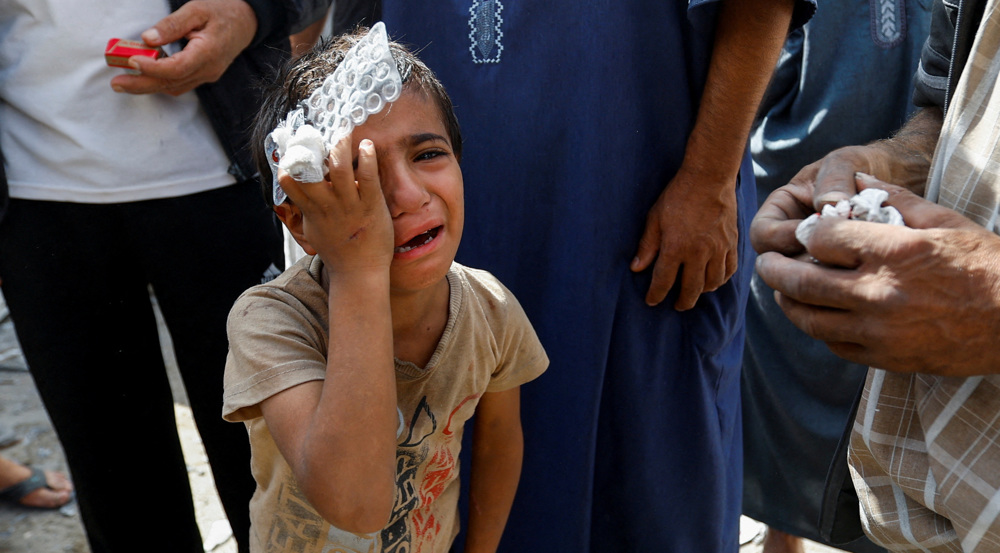
BBC blasted for pulling documentary on Gaza children after Israel lobby pressure
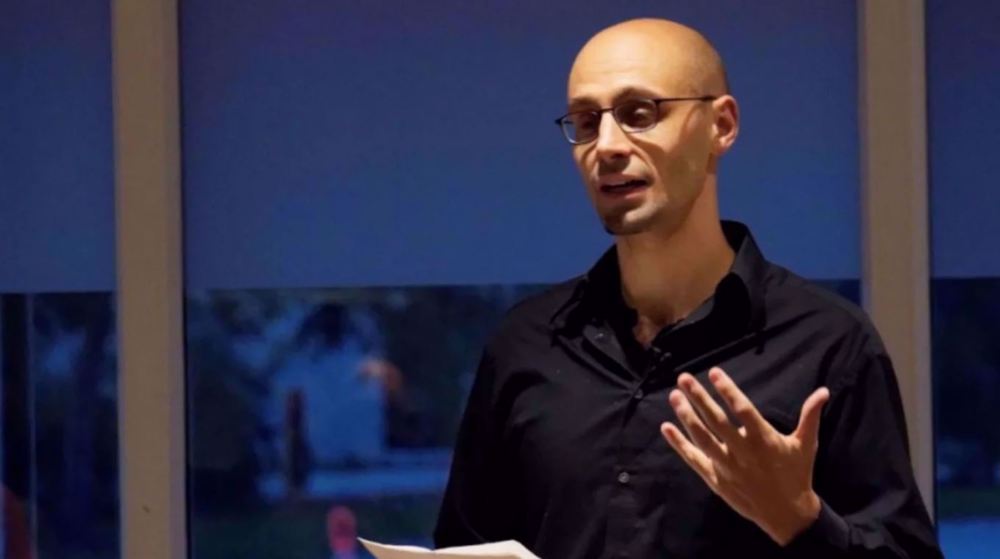
Canada arrests prominent activist over pro-Palestinian stance
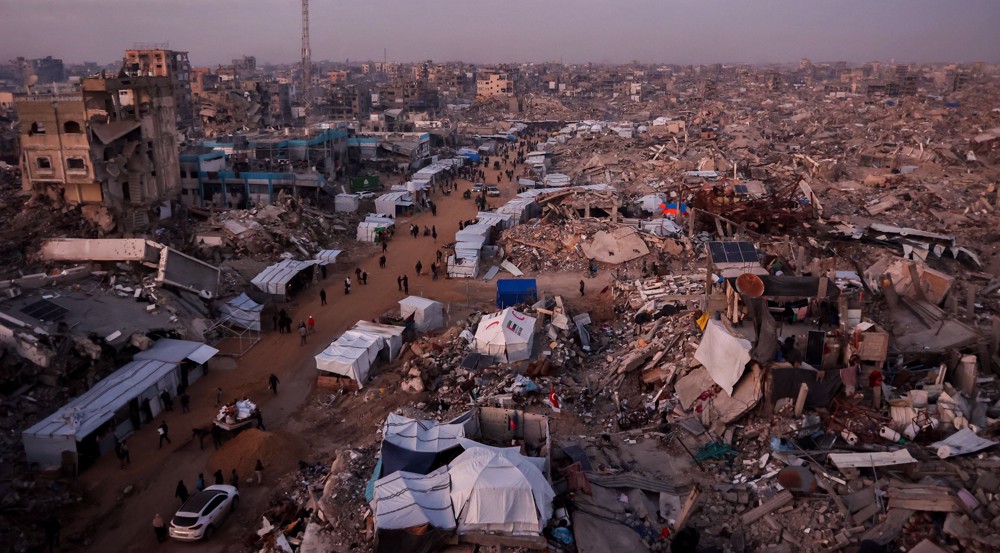
Israeli forces kill Palestinian woman in southern Gaza in another ceasefire violation
VIDEO | Bahraini mourners hold symbolic funeral procession for late Hezbollah leader
VIDEO | Trump's plan for Gaza
Iran’s foreign minister, parliament speaker to attend Nasrallah's funeral
Iran: Russian FM due in Tehran in coming days for key talks
Electronic Intifada director’s violent arrest and MI6 infiltration into ‘neutral’ Switzerland
‘Nothing short of Kafkaesque’: Netizens react to arrest of pro-Palestine activist in Canada
'Enemy is wicked': 17-year-old Lebanese pager victim on life after losing eyes
Geothermal is Iran’s other potential energy game-changer


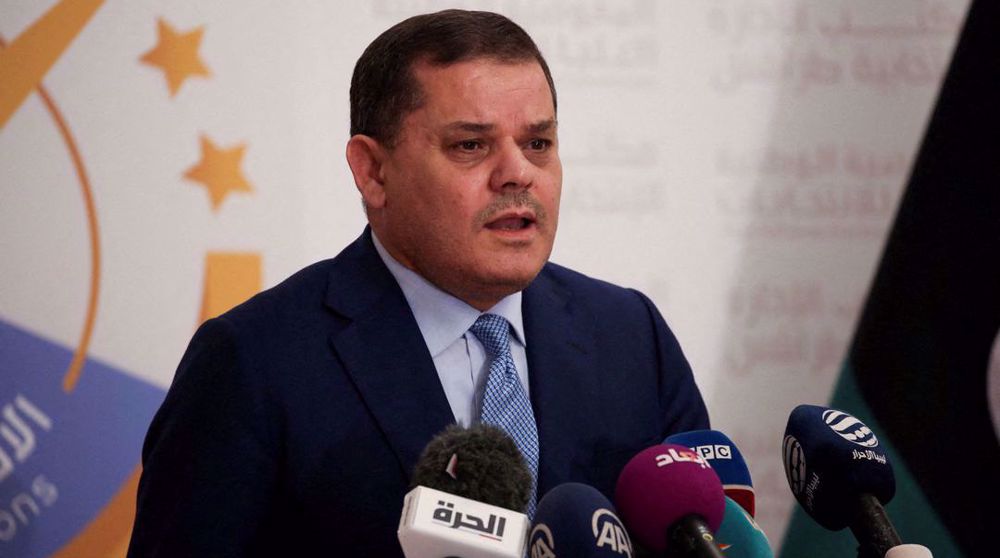
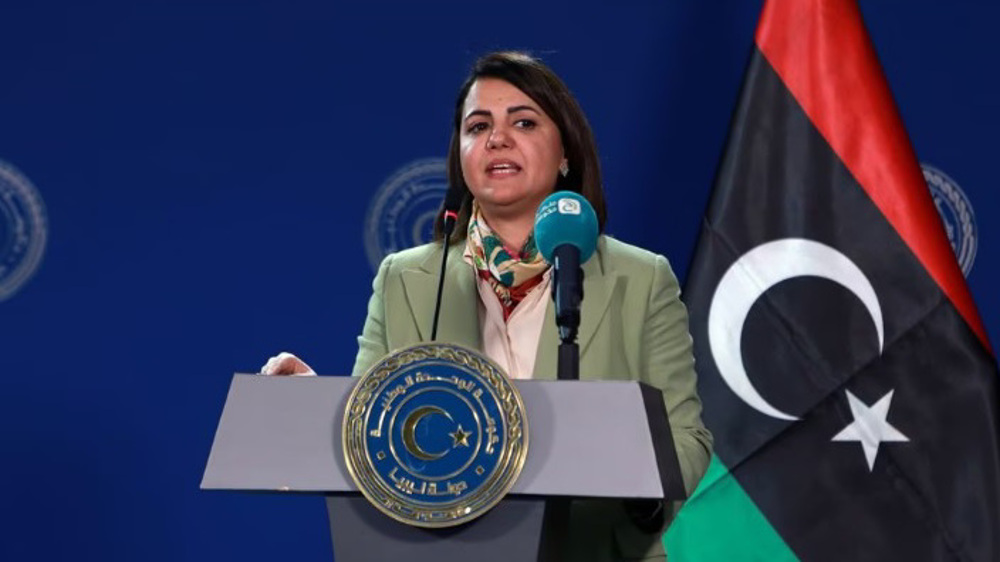
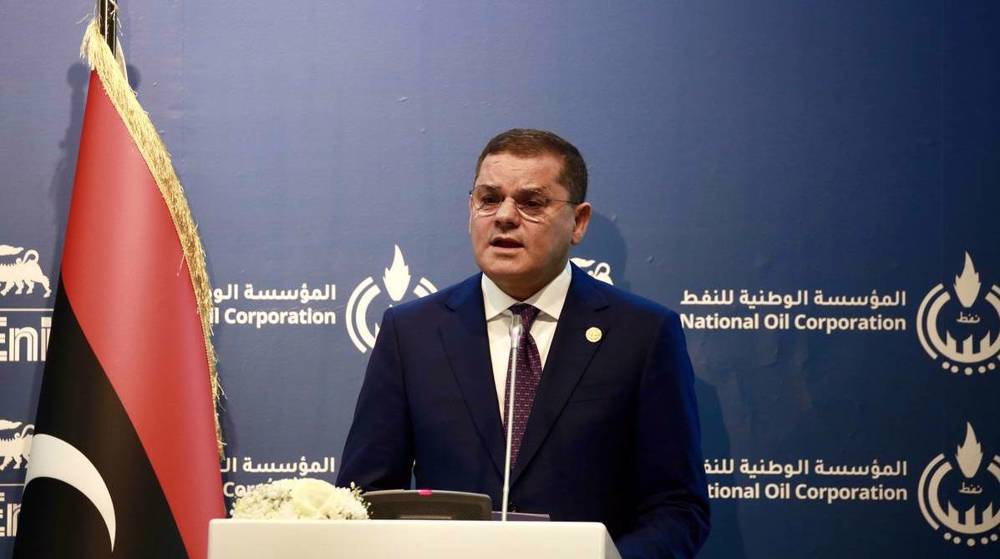




 This makes it easy to access the Press TV website
This makes it easy to access the Press TV website